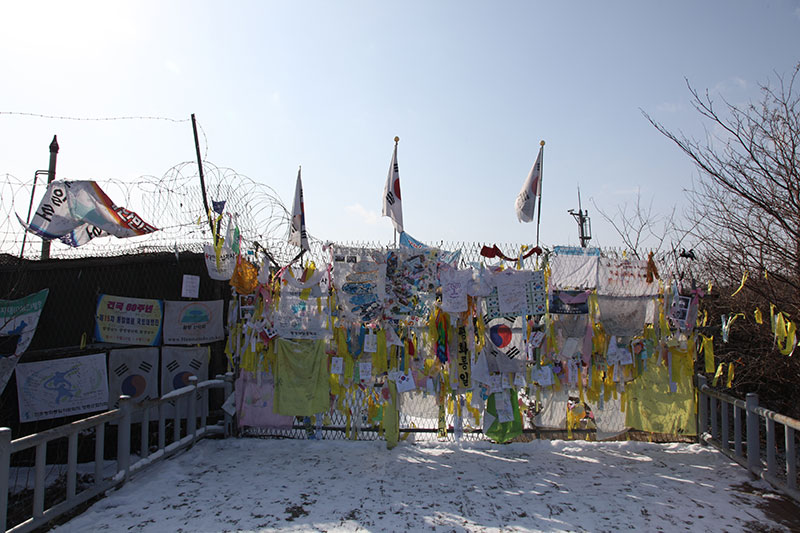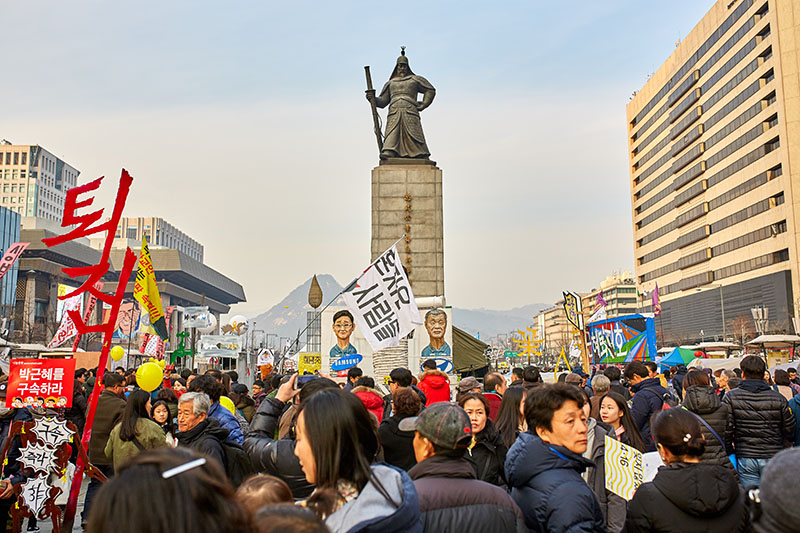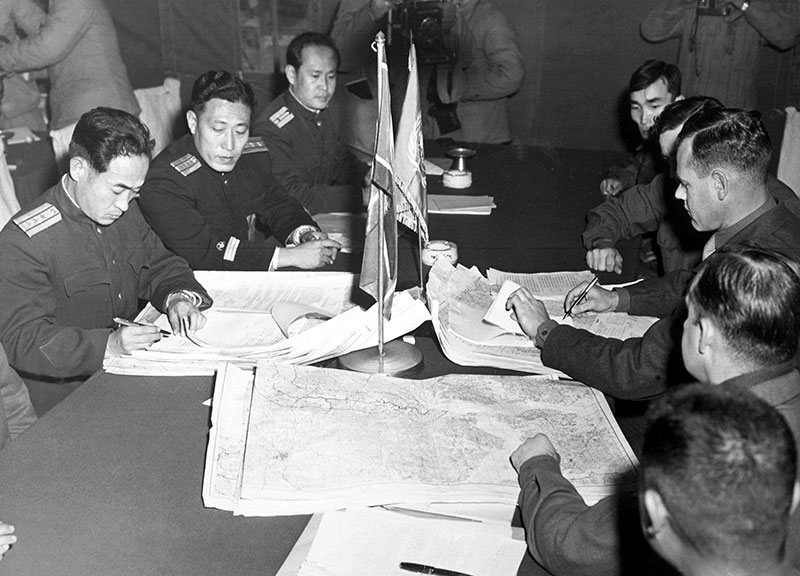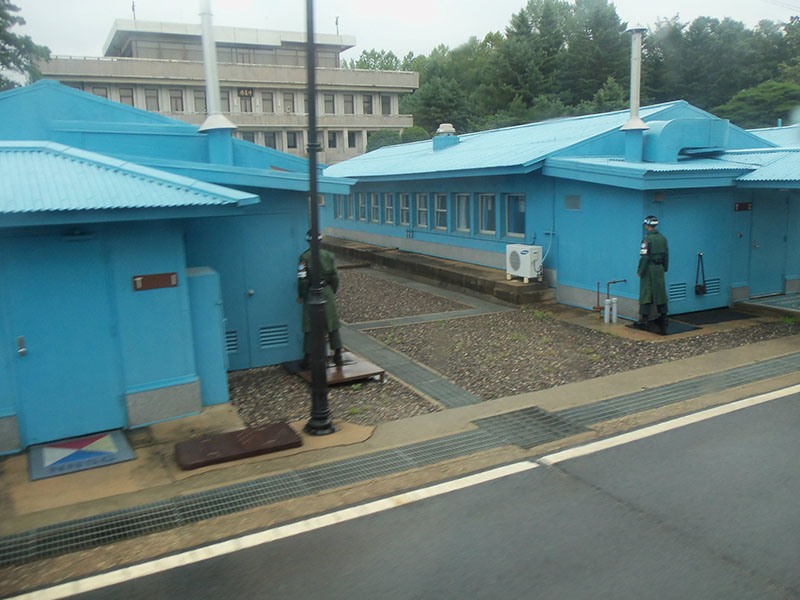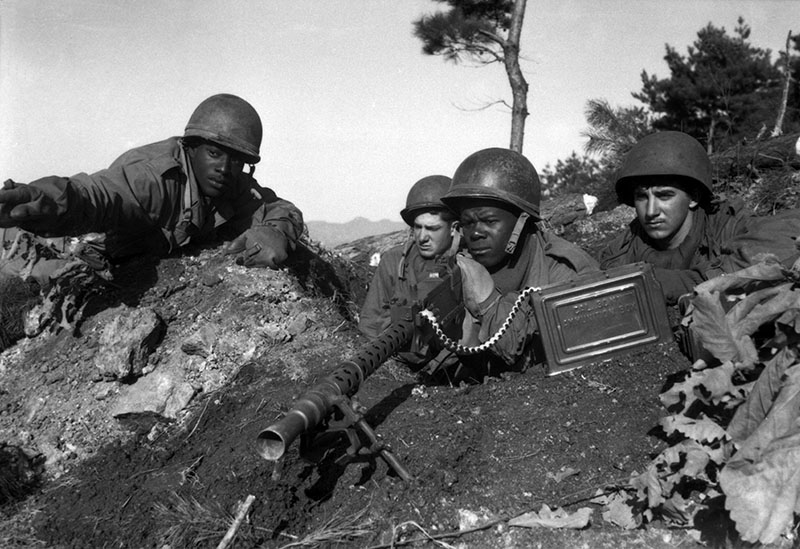This is a DBQ that may be used as a summative assessment for AP World History courses, or for any upper-level class that focuses on modern world history. The end of the Second World War saw two nations divided along ideological lines: Germany and Korea. While each nation had similarities in their divisions, e.g. the ideology behind them, physical deterrents for crossing borders, and the threat of arrest or death as a result of attempted escape ;the primary difference is that while Germany was an enemy combatant state during the Second World War, Korea was a colony of another, Japan, and was itself a victim of oppression and occupation. While initially occupied by the United States at the end of the War, Japan remained whole, while Korea remains divided today. The point of this assessment is to hopefully bring together the European and Pacific Theatres of the post-war period and the early Cold War period. the DMZ was created in 1953, at the end of the Korean War, and the Berlin Wall was erected in 1962, as a response to the mass migration of Eastern Germans looking to escape to the West. However, while the Berlin Wall fell in 1989 and Germany (the original combatant) is now a unified, successful, democratic nation, Korea remains divided today, and the Demilitarized Zone between the ‘two Koreas’ remains one of the most militarized places on earth. This assessment, or if used as part of an in-class activity/lesson, allows students to analyze the reasons why.
Download:
PDFWord

